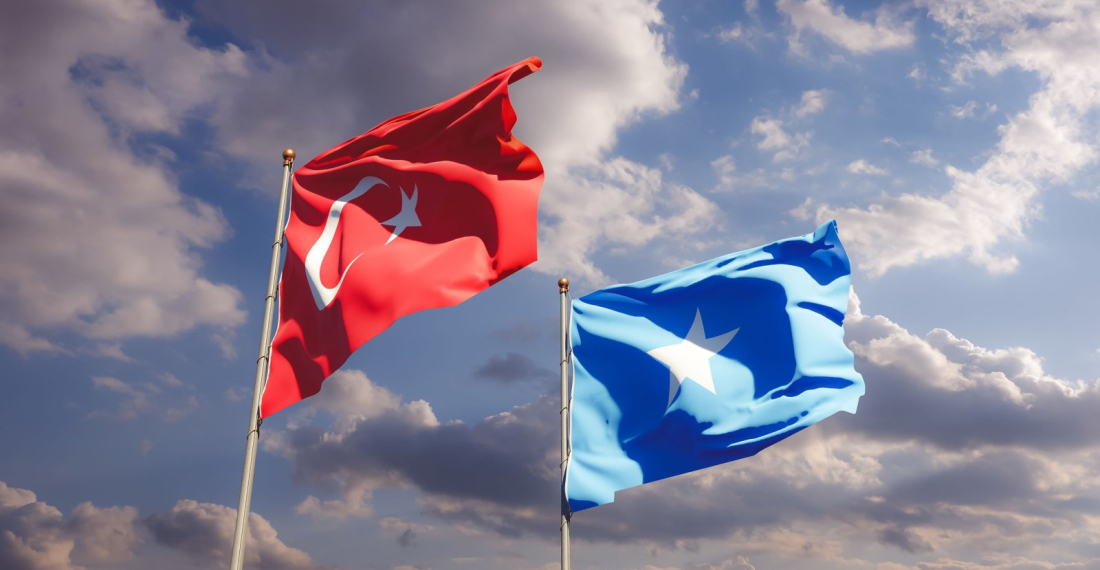The Somali cabinet formally approved a defence and economic cooperation agreement with Turkey on Wednesday, authorising Ankara to build, train and equip the Somali navy and reportedly defend its territorial waters amid tensions with Ethiopia.
The agreement strengthens Turkish political and military position in the Horn of Africa and the Red Sea region amid increasing concerns about security in the strategic waterway.
Somali Prime Minister Hamza Abdi Barre described the agreement at the cabinet meeting as a “historic” one that would become a “legacy” for the Somali nation in the long run.
“This agreement will put an end to the fear of terrorism, pirates, illegal fishing, poisoning, abuse and threats from abroad,” he said, according to the local reports.
A Turkish defence official declined to comment, saying that the contents of the agreement would be public simultaneously as it is ratified by the Turkish parliament and the president. “We cannot reveal the details as it has a long way to be ratified,” the official added.
The Turkish Navy already operates off the shore of Somalia and in the Gulf of Aden under a UN mission to combat piracy and armed robbery since 2009.
Somali Defence Minister Abdulkadir Mohamed Nur signed the “framework agreement on defence and economic cooperation” in Ankara on 8 February, in a meeting with his Turkish counterpart Yasar Guler.
“In our meetings, which further strengthened our relations, we reiterated the importance we attach to Somalia's sovereignty and territorial integrity,” Guler said, according to a readout by the Turkish defence ministry.
Garowe Online, a Somali news website, said that the president of Somalia, Hassan Sheikh Mohamud, was scheduled to make a speech about the deal and provide details on Wednesday in a closed-door meeting of the two houses of parliament.
Turkey has been training Somali soldiers in recent years to contribute to the latter's attempts to build a national army. Ankara has a large military base in Mogadishu and a Turkish firm is running its airport.
Ethiopia last month signed an agreement that grants it naval and commercial access to ports along Somaliland’s coast, in exchange for recognition of the breakaways region’s independence.
Somalia strongly condemned the move, and Turkey backed Mogadishu in the affair.
Ankara also has close ties with Ethiopia, arming it with military drones that prevented the seizure of its capital by Tigrayan forces in 2022.
“The agreement stipulates that Turkey will receive 30 percent of the revenue from the Somali exclusive economic zone known for abundant marine resources,” Garowe Online said.
“The agreement emphasises the fight against illegal fishing in Somali waters, with Turkey committed to building and equipping the Somali navy to take on this responsibility."
The deal, upon acceptance by both sides, is set to commence within 24 hours of its ratification, and entrusts Turkey with the responsibility of protecting the Somali waters in case of maritime violations.
The UN Security Council in December removed an arms embargo against Somalia’s government in place for more than 30 years, bolstering the government’s mandate.
commonspace.eu with Middle East Eye (London) and agencies






